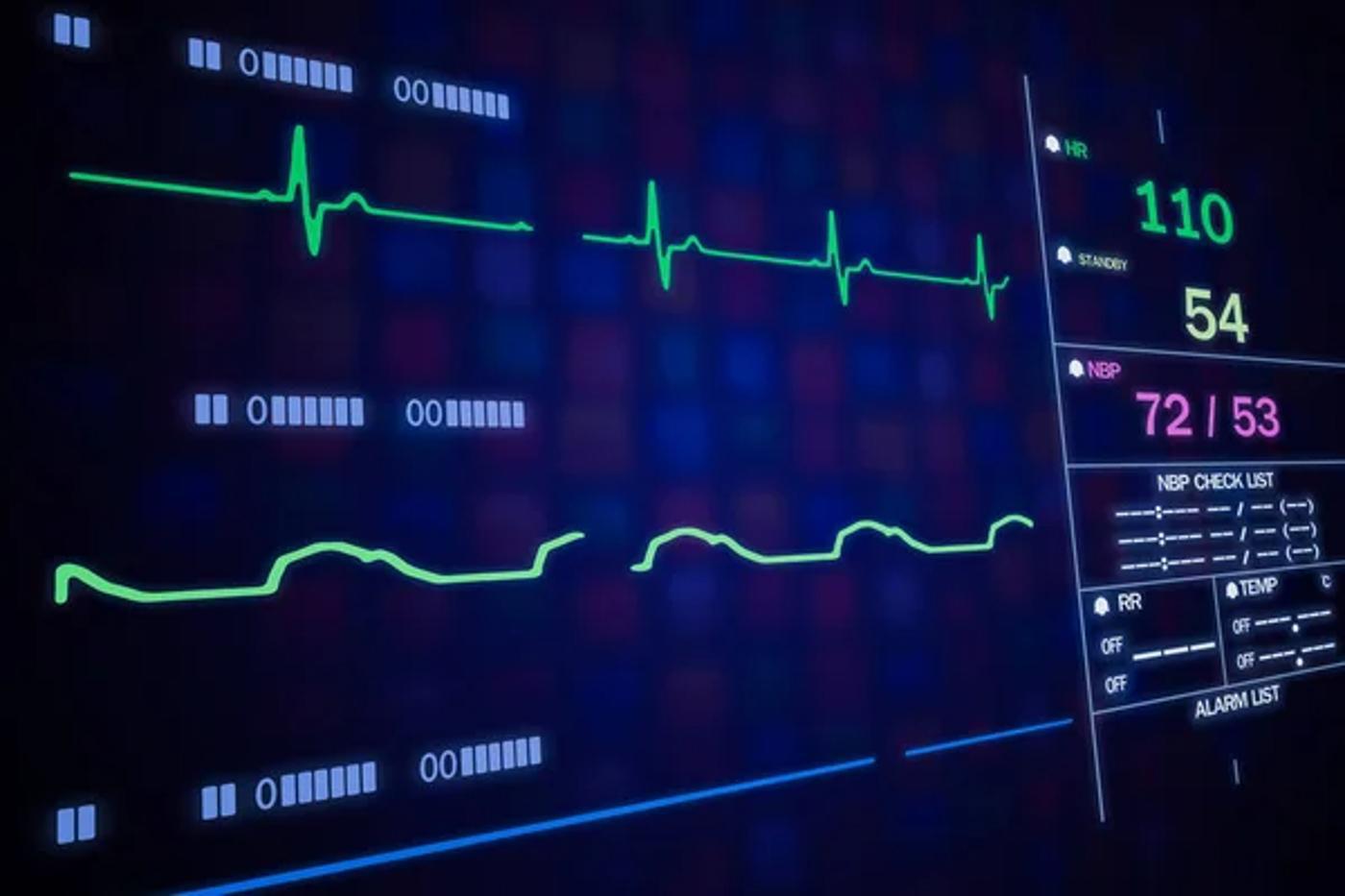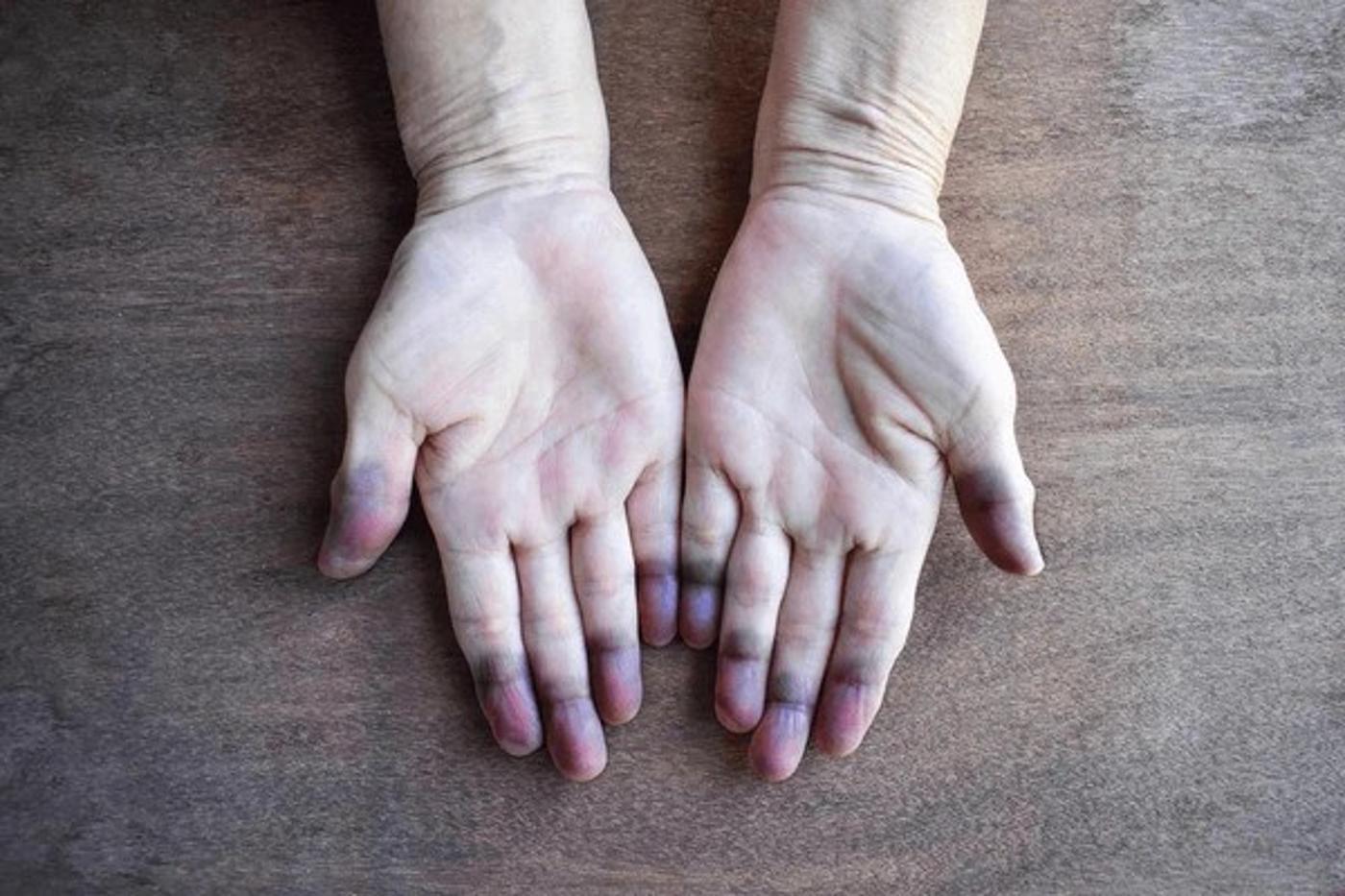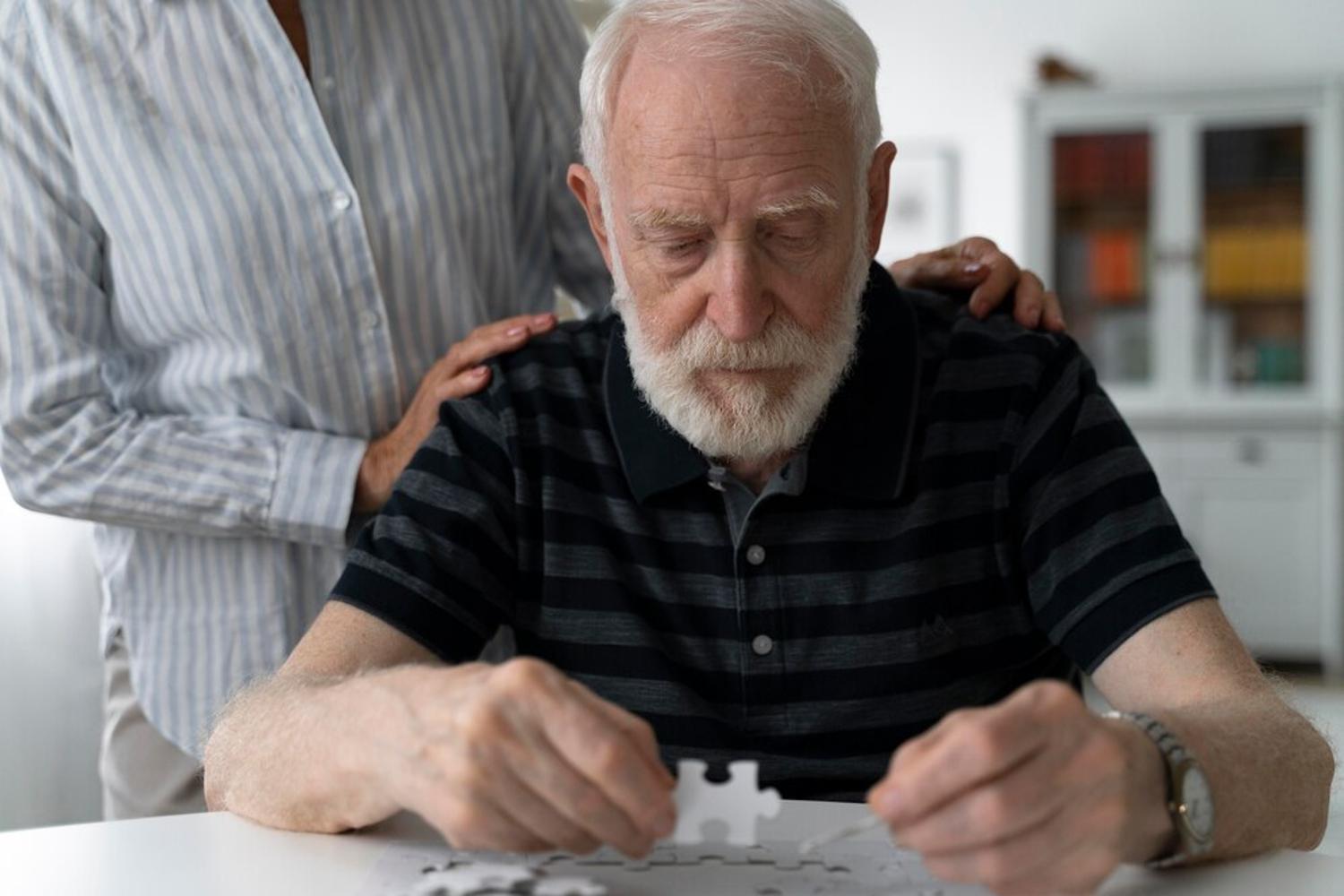The death of a loved one is one of the hardest things a person can go through. And while there is no way to completely eliminate that intense grief, if you can know when death is coming, it may help prepare you for the loss.
Fortunately, scientists have discovered that there are 11 warning signs that death is very near. Watching for these signs may ensure you can be there with your loved one and provide the best possible support when it’s their time to go.
#11: Increased Sleep and Fatigue

Doctors say that one of the most prevalent signs that a person is approaching the end of their life is sleeping more often, especially among those living with a terminal illness. In fact, a study reported that increased fatigue affects up to 85% of patients with life-threatening diseases.
Of course, it’s important to compare the fatigue a person is experiencing to their normal sleep patterns, but if you see your loved one falling asleep much more often than they usually do, that could certainly be a sign death is near.
#10: Irregular Breathing Patterns

Next on the list is irregular breathing patterns, as this is most often a sign that the body is slowly starting to shut down. Sometimes, the changes in breathing can be extremely subtle, while in other cases, it is far more obvious, but both can mean death isn’t far away.
Most often, loved ones might notice that the patient can only take shallow breaths, is frequently gasping for breath, or visibly straining their jaw and mouth to intake as much air as possible.
#9: Loss of Thirst and Appetite

It’s extremely common for people to lose both their thirst and their appetite as they approach death’s door. Often, patients will refuse both water and food or only take very small sips and bites as death nears.
This occurs because the body is preparing for death. It no longer needs nutrients, and the organs are slowly shutting down. It’s important to know that if your loved one won’t eat or drink, it doesn’t necessarily mean they are in pain or suffering. They simply don’t need it anymore.
#8: Detachment From Surroundings

Sometimes, near the end of life, people start to detach from their surroundings. While this can occur because the patient is consciously preparing for their impending death, in other cases, the person may simply be struggling to see, hear, and connect with the world around them.
Although this warning sign can be extremely challenging for loved ones who want to connect with the patient before they pass, it’s important to understand that it doesn’t mean the dying don’t love and care for you; they just don’t have the capacity to connect.
$7: Changes in Vital Signs

While the majority of the warning signs that death is near cannot be calculated by medical technology, one clear indication is that the patient’s vital signs change.
Significant or even subtle decreases in blood pressure or oxygen levels often mean that death is very near. In fact, it’s most likely that a person will pass on within 48 hours after this change.
#6: Increased Pain

While we all hope that death is painless, the moments leading up to passing can mean increased pain for patients. Of course, the kind and severity of the pain will depend on the person’s condition and physical ailments, but increased pain can certainly be a sign that death is near.
Loved ones and medical professionals can provide support and medications to decrease that pain, but they should know it could mean the patient will soon depart.
#5: Blue Discoloration of the Skin

An abnormal bluish discoloration of the skin, especially in the patient’s feet and hands, is an extremely common symptom of impending death.
A study published by Cancer Research and Treatment reported that 59% of cancer patients experience blue skin or cyanosis within the last 72 hours of their lives.
#4: Delirium or Confusion

Almost all patients experience some kind of delirium or confusion in the final days or hours before death comes knocking.
From feelings of distress to difficulty recognizing family members, inattention, lack of communication, and a general decrease in awareness, the symptoms can vary from person to person. However, as you know your loved ones best if you notice they are struggling to understand the world around them, it likely means they are approaching the end.
#3: Hallucinations

In addition to general confusion, some people even begin to hallucinate toward the very end of their lives. At this time, the brain loses its inability to process information, which often results in visions.
Often called deathbed visions, these hallucinations can include seeing people who aren’t really there, seeing a landscape from their lives, or even a religious or spiritual experience. While it can be frightening when your loved one expresses a hallucination, it’s best to validate what they’re seeing instead of dismissing it, as doing so can cause distress.
#2: Changes in Bladder and Bowel Habits

It’s also extremely common for patients to experience changes in bladder and bowel habits shortly before death. Most will have incontinence or constipation, as the body has begun to shut down and is no longer functioning as it should.
It’s crucial to offer support, pain relief, and kindness during this time, as a patient may become frustrated and feel a lack of dignity. It’s perfectly normal, and loved ones can support those nearing the end of life by ensuring they know that.
#1: A Moment of Clarity

There are several cases in which a patient has a moment of complete and total clarity just before they pass on. This is most prevalent in those with cognitive decline or patients who have experienced disconnect and hallucinations in the days or weeks leading up to their death.
For a few hours or even just a few minutes, a patient may be able to fully engage with their loved ones, express complex emotions, and seem extremely lucid. Although loved ones can appreciate this time together, it does likely mean that death is not far away.








































